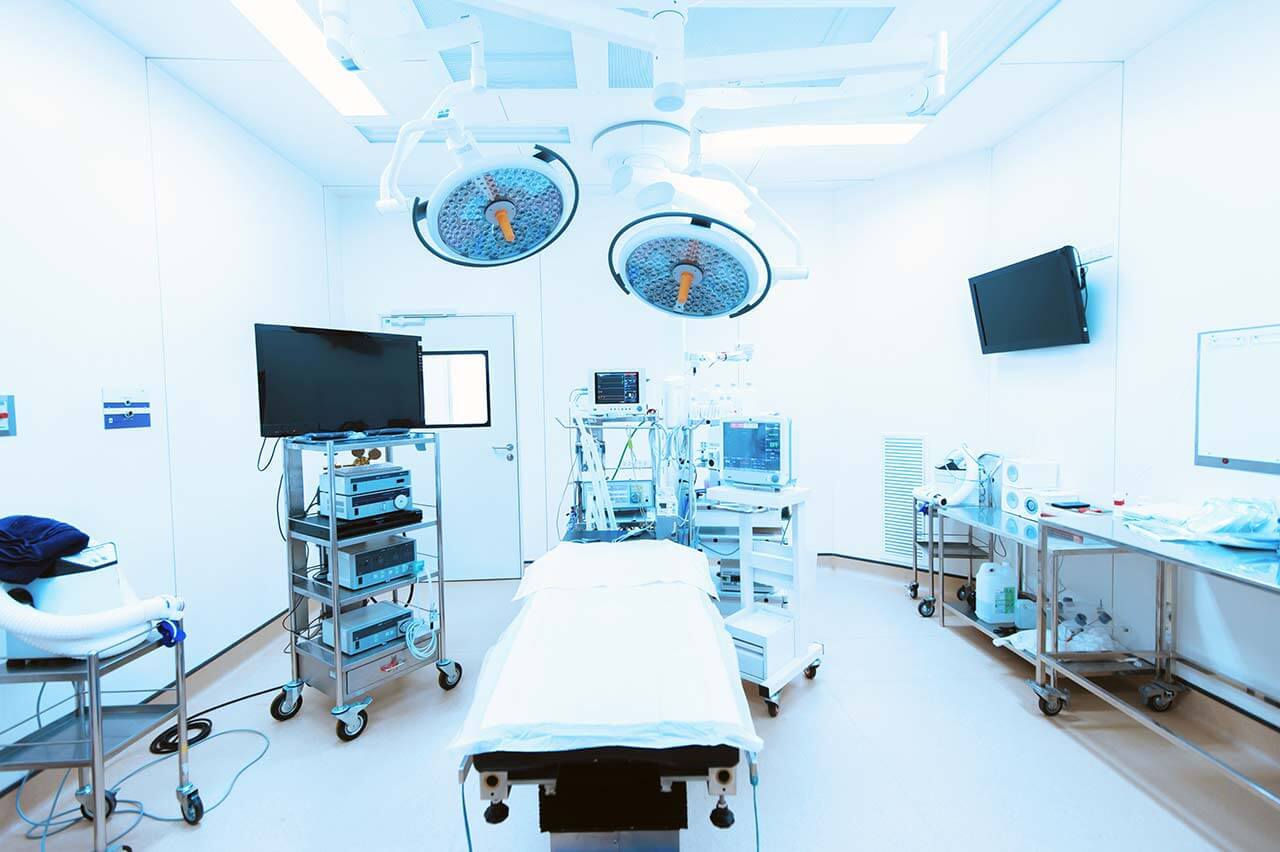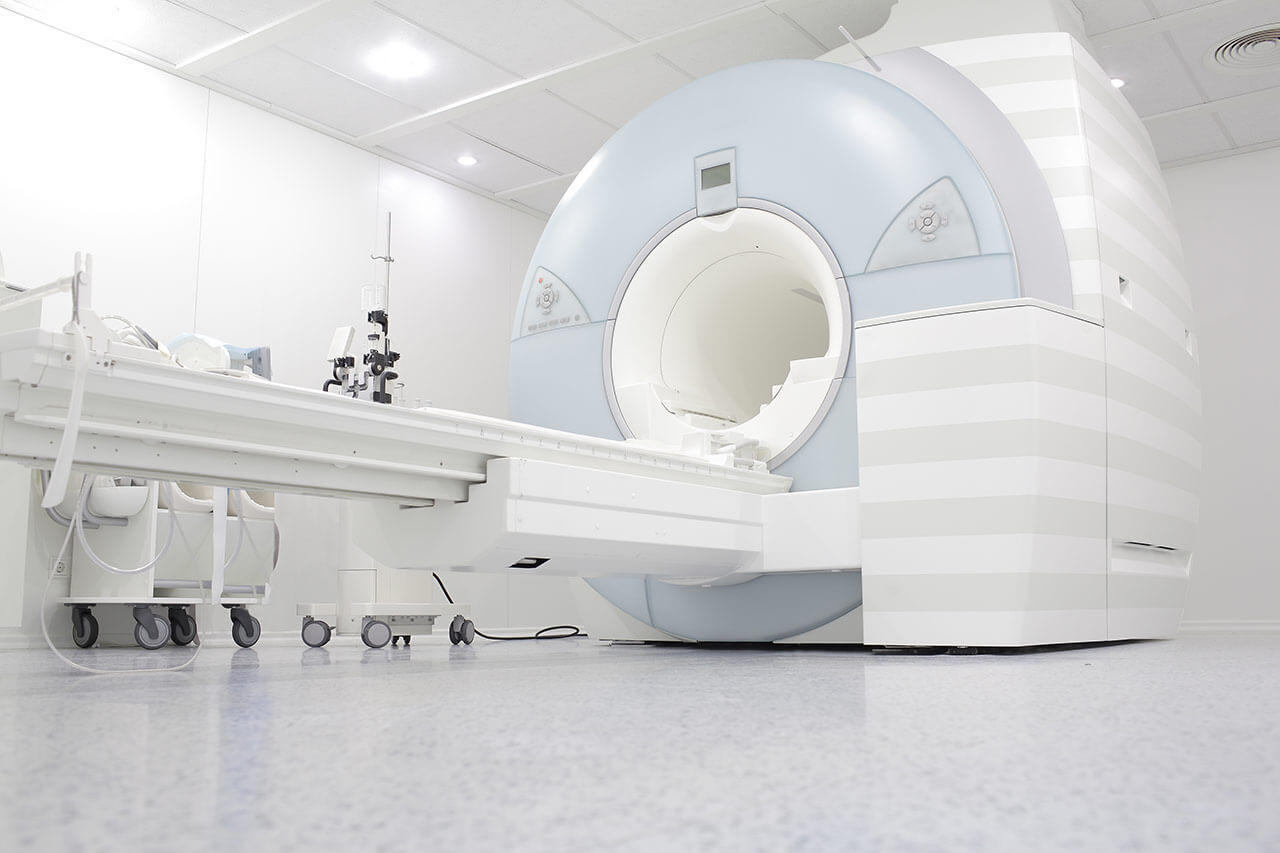
About the Department of Angiology at ATOS Clinic Heidelberg
The Department of Angiology at the ATOS Clinic Heidelberg specializes in the prevention, diagnosis, and treatment of diseases of the arteries, veins, and lymphatic vessels. The department's doctors focus on patients with atherosclerotic lesions of the coronary arteries. Atherosclerosis is one of the main causes of angina pectoris, myocardial infarction, and acute coronary syndrome. Therefore, the main focus of the department's specialists is the prevention, early detection, and treatment of atherosclerosis. The department's team of angiologists also treats patients with arterial blood flow disorders, inflammatory vascular diseases, carotid artery stenosis, varicose veins, thrombosis, lymphedema, and other pathologies. The medical facility offers comprehensive Check-up programs to assess the state of the vascular system and the risks of developing angiological diseases. The department has formed a competent team of doctors, consisting of angiologists, phlebologists, cardiologists, diabetologists, and vascular surgeons. This enables interdisciplinary medical care. The Head Physician of the department is Dr. med. Frank Heckmann.
The department has gained extensive experience in the treatment of peripheral arterial occlusive disease. This pathology causes obstruction or stenosis of the arteries in the lower extremities (in rare cases, in the upper extremities) develops due to atherosclerosis, against the background of which the peripheral blood supply is disrupted. In the early stages, peripheral arterial occlusive disease is asymptomatic, but as it progresses, it causes severe pain during physical activity, including walking. Pain may occur in the calf muscles, thighs, buttocks, or feet. In the advanced stages of the pathological process, the pain does not disappear even at rest. The diagnostic protocol for suspected peripheral arterial occlusive disease includes a medical history, a clinical examination, blood tests, Doppler ultrasound scanning, angiography, CT and/or MRI. Based on the diagnostic results, the department's specialists begin to develop an optimal treatment regimen for the patient. The first-line treatment is drug therapy with antithrombotic agents and statins (cholesterol-lowering drugs) combined with moderate exercise, such as fitness walking. If such a treatment fails, the department's doctors consider balloon angioplasty with subsequent stenting. This is an endovascular procedure to restore the patency of the affected artery and normalize blood flow to the lower extremities. The last-line treatment is bypass surgery.
The department's team of doctors often deals with the treatment of deep vein thrombosis. Patients with this disease have blood clots formed in their deep veins, most often in the lower extremities, resulting in blood flow disorders. The main manifestation of the pathology is swelling of the lower extremity with bluish skin. The disease is also accompanied by severe pain in the affected extremity. Deep vein thrombosis is an urgent condition. It is extremely important to provide the patient with timely qualified medical care. Otherwise, the risk of developing pulmonary embolism, a life-threatening condition, increases. A clinical examination is sufficient to make a preliminary diagnosis. Blood tests, contrast-enhanced X-rays, ultrasound scans, and CT and/or MRI are performed to confirm the diagnosis. Treatment tactics depend on the severity of the patient's condition and the intensity of the symptoms. The treatment may include anticoagulant therapy with oral antithrombotic agents, vena cava filter implantation, intravenous thrombolysis, or thrombectomy (surgery to remove a blood clot followed by plastic repair of the blood vessel).
The department's specialists are also competent in the treatment of lymphedema, a pathological condition accompanied by increasing swelling of soft tissues, mainly in the lower extremities. Lymphedema has three stages: in the first stage, mild swelling appears only after physical activity, in the late afternoon, and disappears during the night; in the second stage, swelling does not disappear during sleep, thickening of the skin and soft tissues appears; in the third stage, edema is accompanied by complications such as papillomatosis, the formation of blisters on the skin, and lymphatic leakage. Lymphedema has a significant impact on quality of life and may potentially lead to disability. With timely treatment, the patient still has a good chance of recovery. The goal of therapy is to normalize the flow of lymphatic fluid and eliminate its accumulation in the intercellular space. For this purpose, the department uses manual massage, hardware massage, bandaging (a special bandaging method), wearing compression stockings, infusion therapy with antioxidants, and ozone therapy. In the advanced stages of lymphedema, conservative therapy may be ineffective. In such cases, the doctors in the department recommend surgery.
The department's clinical focuses include the following:
- Diagnostics and treatment of arterial diseases
- Diagnostics and treatment of peripheral arterial occlusive disease
- Diagnostics and treatment of atherosclerosis
- Diagnostics and treatment of carotid artery stenosis
- Diagnostics and treatment of diabetic foot syndrome
- Diagnostics and treatment of venous diseases
- Diagnostics and treatment of varicose veins
- Diagnostics and treatment of spider veins
- Diagnostics and treatment of deep vein thrombosis
- Diagnosis and treatment of thrombophlebitis
- Diagnosis and treatment of chronic venous insufficiency
- Diagnosis and treatment of chronic non-healing wounds
- Diagnostics and treatment of lymphatic vessel diseases
- Diagnostics and treatment of lymphedema
- Diagnostics and treatment of other pathologies of the arteries, veins, and lymphatic vessels
Curriculum vitae
Higher Education and Professional Career
- Medical studies, Ruprecht Karl University of Heidelberg.
- Internship, Department of Internal Medicine, University Hospital Mannheim.
- Since 1992 Board certification in Internal Medicine.
- Since 1992 Doctor in his own private practice.
- Since 1995 Board certification in Angiology and Phlebology.
- Since 1996 Doctor, ATOS Clinic.
- Since 2003 Head, Academy of Continuing Medical Education (ESPM).
Prizes, Awards, and Honors
- 2010 Mérite Européen Award for services in preventive medicine.
Memberships in Professional Societies
- German Society of Angiology (DGA).
- German Society of Phlebology (DGP).
- European Society of Preventive Medicine (ESPM) – Vice President.
- German Society of Ultrasound in Medicine (DEGUM).
- Professional Association of German Internists (BDI).
- Association of Interdisciplinary Specialists in Vascular Surgery of Southern Germany (VIGS).
Photo of the doctor: (c) ATOS Klinik Heidelberg




